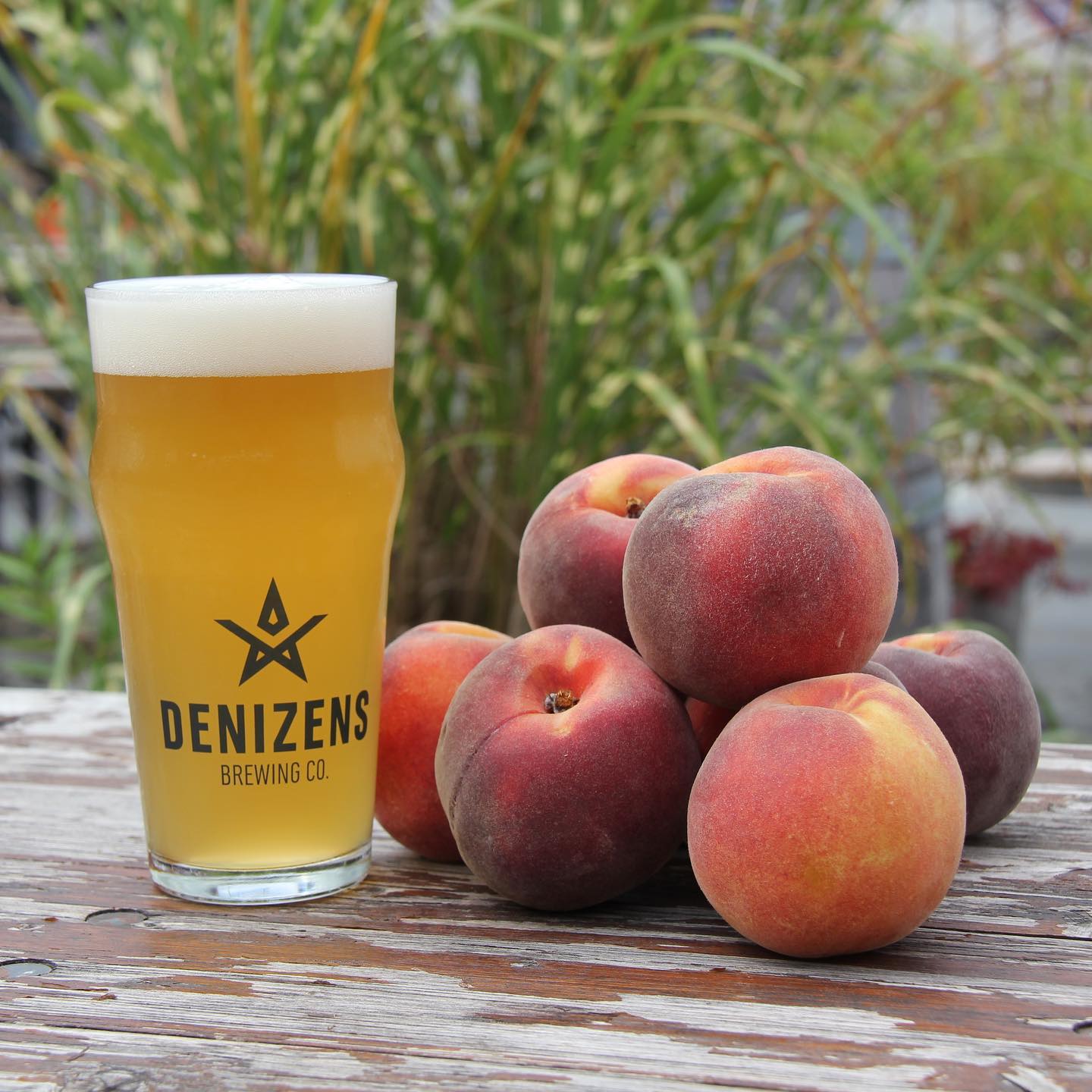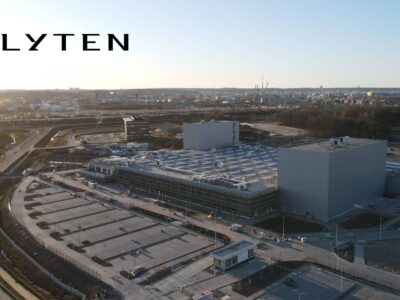Breweries around the country are finding creative ways to give back to the communities where they are located. In Maryland, Denizens Brewery Co. supports Silver Spring and Montgomery County farmers by sticking to a mantra of sourcing locally-grown ingredients. It hasn’t been the easiest path for the company, but it has managed to persevere and grow.
Still relatively young, Denizens co-founders Emily Bruno, Julie Verratti, and Jeff Ramirez began operations in 2014. They wanted to open a business that boosted the local economy, which meant buying local hops and malt when they settled on a brewery. It’s been a philosophy it has stuck to in its first seven years.
The first production facility in Montgomery County expanded to a multi-location storefront with plenty of fun events like drag nights, trivia, and their flagship festival, Make it Funky Beer Festival. In 2019, Bruno and Verratti opened their Riverdale Park location, which upped production by nearly 15,000 barrels of beer annually.
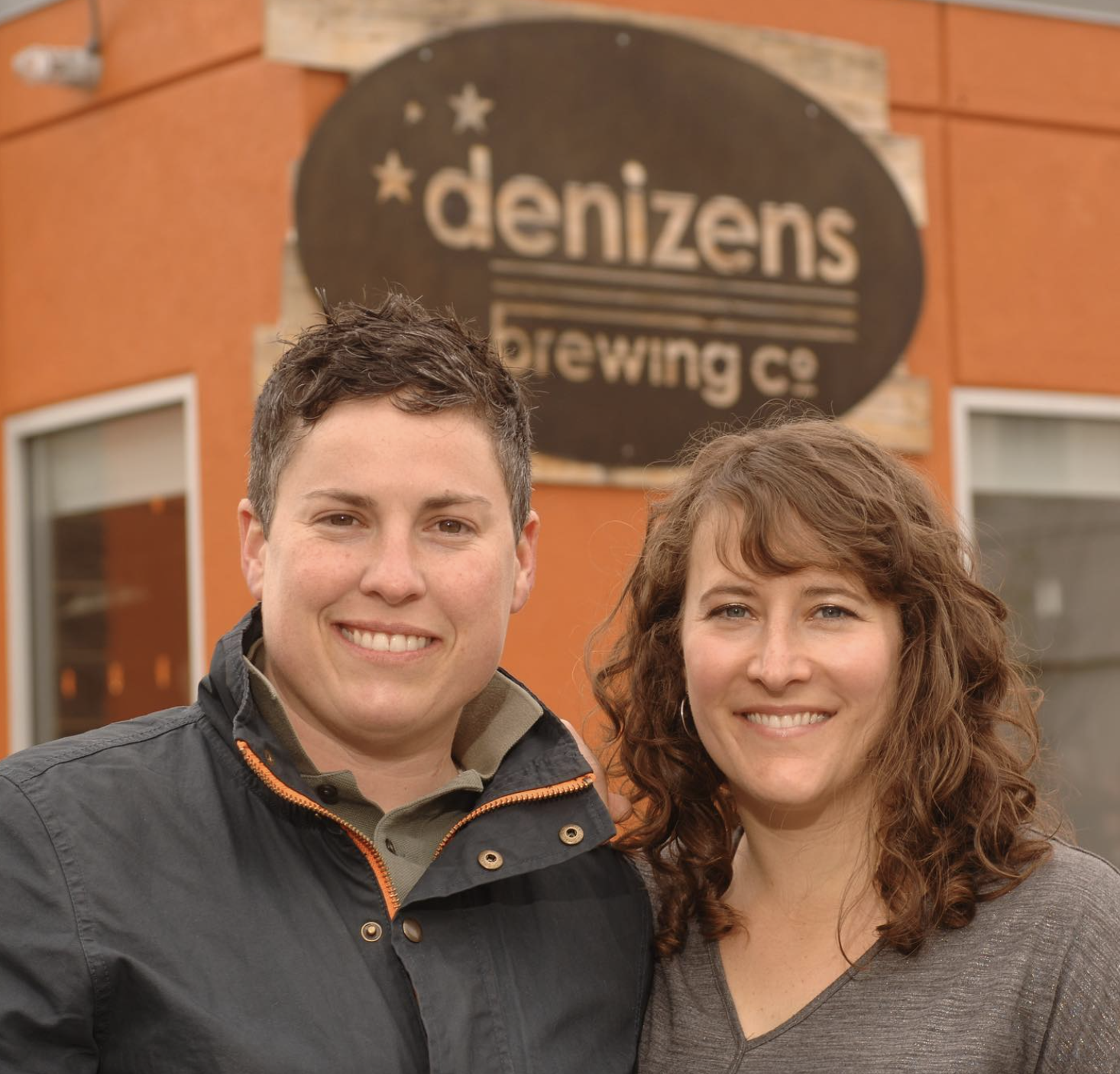
At first, it was a struggle to keep Denizens open and running. Maryland has Prohibition-era laws that block the development of local craft breweries. However, Veratti used her background in public advocacy and politics to successfully campaign around breweries being the perfect way to boost local economies. They bring in more tax revenue, create jobs, and provide quality products to the community.
Verratti credits her experience in public policy and the private sector as the reason behind her campaign against the restrictive liquor laws. In terms of why she wanted to open a brewery of her own, Verratti said, “It was always going to be beer. I was an avid homebrewer in law school and fell in love with the culture of craft beer.”
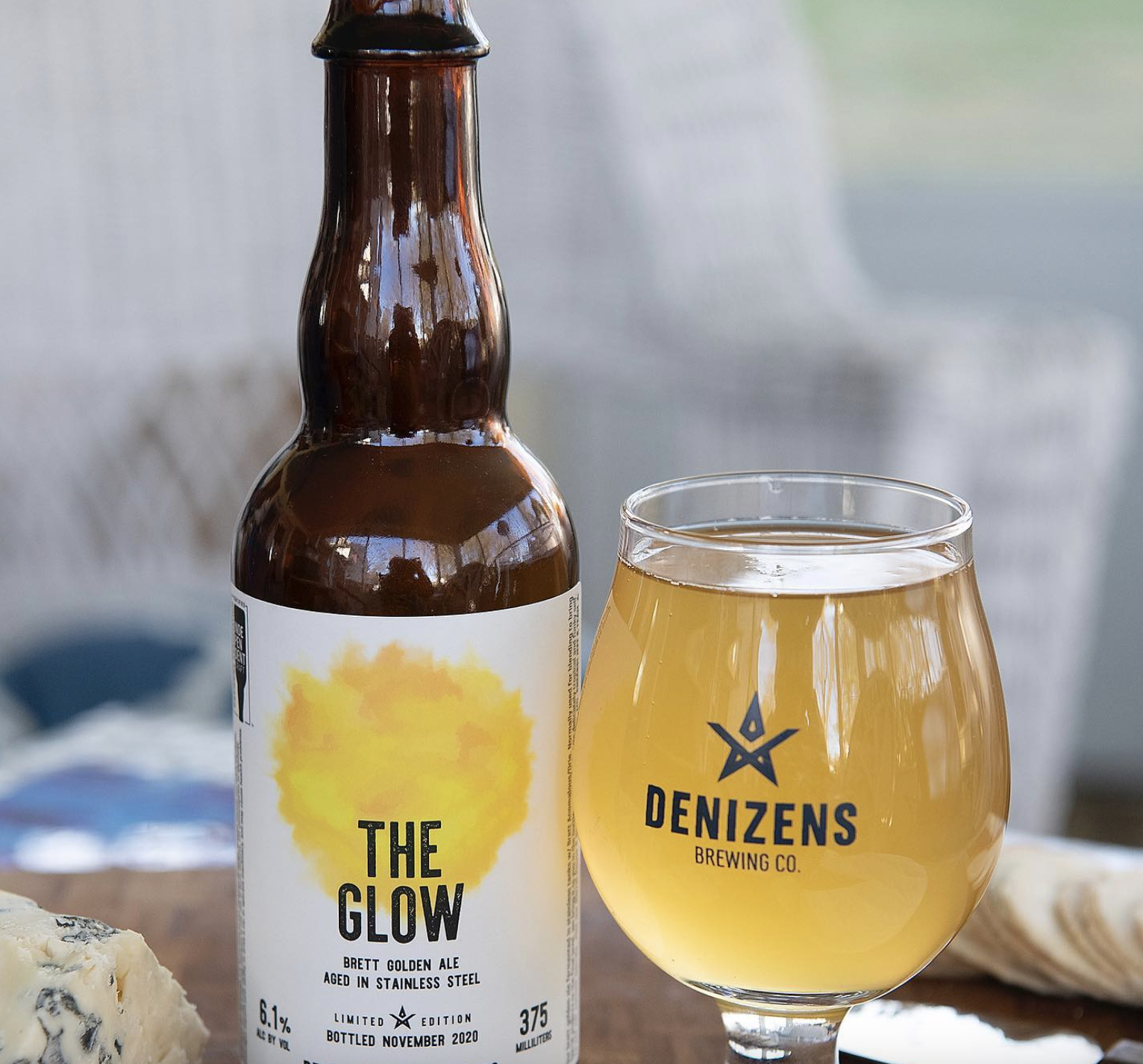
The brewery also stays true to its mantra of bettering the Silver Spring and Montgomery County economies by offering more than just its beer. It sells many other Maryland-made products, including mead and cider.
The ingredients for the beer include yeast grown at the University of Maryland, which helps to keep a lower carbon footprint. By buying locally, the brewery saves money on shipping costs and reduces its emissions output. “We source locally whenever possible,” said Jack Basso, marketing and events manager for Denizens.
Furthermore, the company switched to a high-efficiency LED lighting system for the beer garden, brewery floor, and storefront. It also uses Edison bulbs, a rustic-style lightbulb larger and brighter than most coil-based light bulbs. This switch has saved them thousands of dollars, especially with rising energy costs.
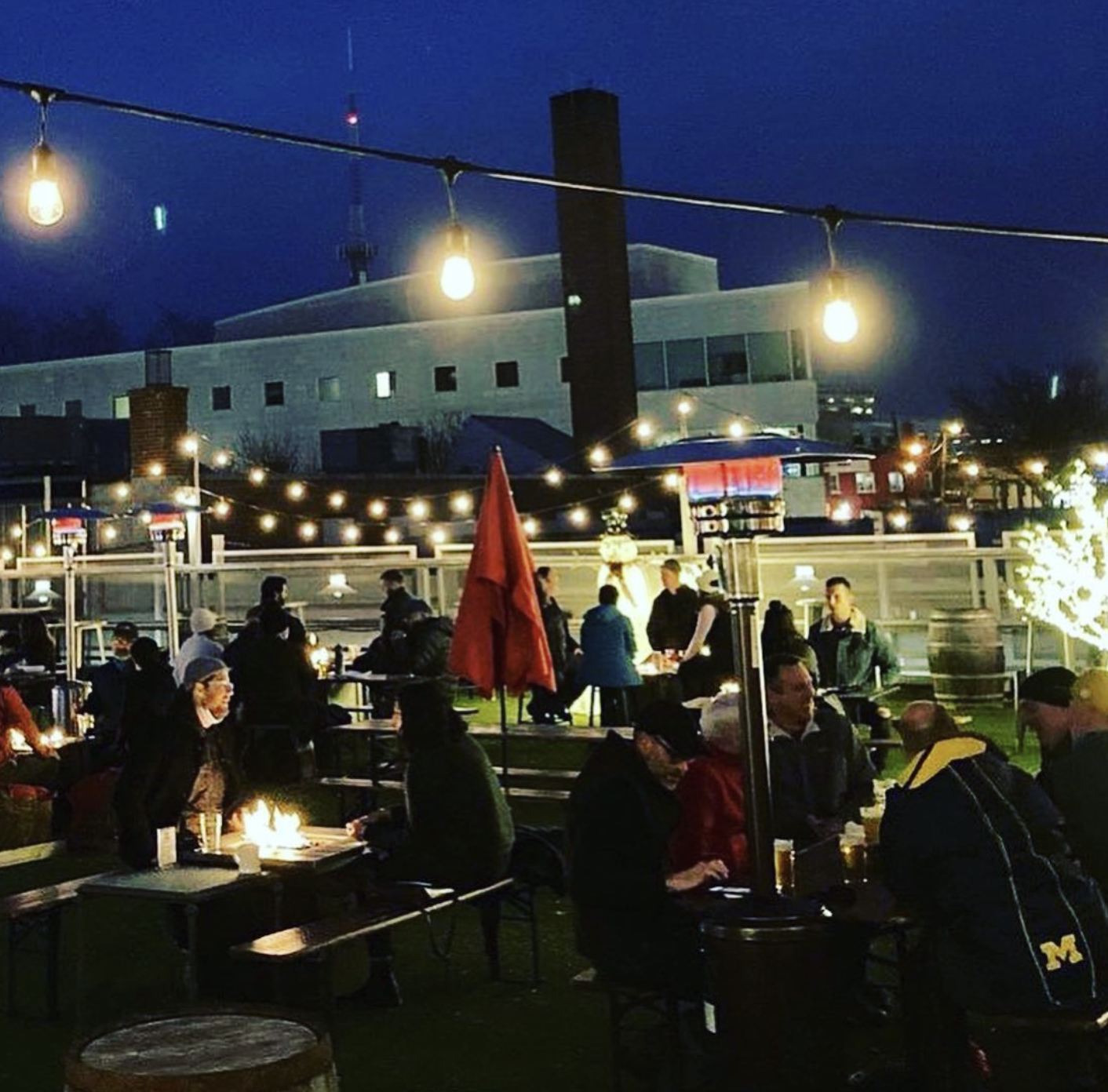
Denizens’ spent grain program is one of the most interesting ways the company gives back to the community. Like many craft breweries, the business donates it to farmers for animal feed. Since it produces massive amounts of grain — 4,000 to 7,000 pounds of the stuff — the brewery gives it away for free. Basso pointed out that spent grain can also be used to make dishes, such as pork belly on spent grain toast.
The brewery made it through pandemic-ravaged 2020 and 2021 by switching to home deliveries when the storefronts had to shut down. It is now back to regular business, and this year has been kinder. Denizens won a gold medal at the Brewers Association’s 2022 World Beer Cup in the Brett category, a beer made with a wild strain of yeast called “brettanomyces” infused with fruits and other ingredients. It goes to show how local sourcing can yield fantastic results.

